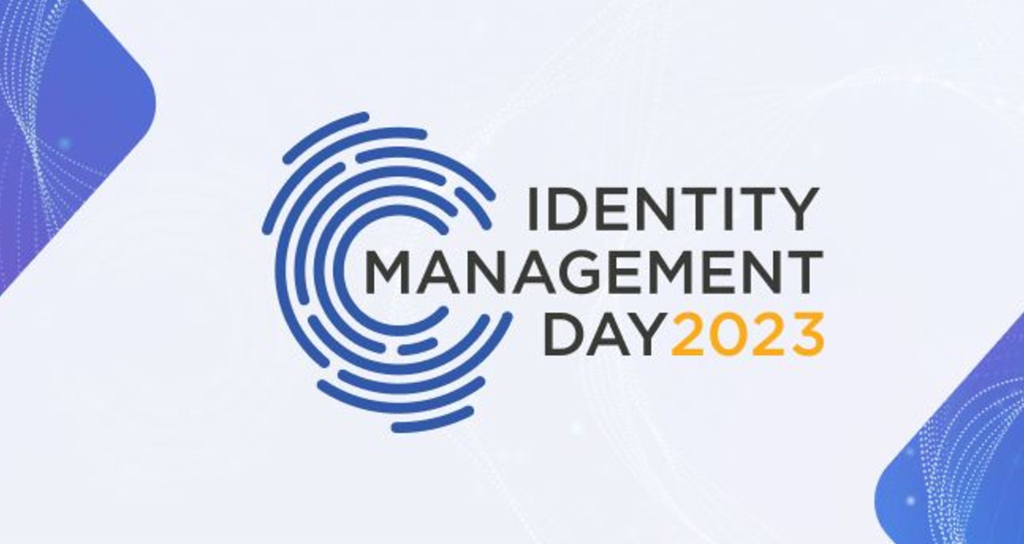According to a report by Gartner, by 2025, 50% of midsize and large organizations will have a vCISO. The vCISO market is expected to grow at a compound annual growth rate (CAGR) of 22.4% between 2020 and 2025.
In the quickly transforming digital landscape, cyber-attacks can happen to businesses of any size. Cybercriminals are becoming increasingly sophisticated, and businesses are having a hard time keeping up with the changing threat scenario. This means the world of cybersecurity is ever-changing. This has made the job of Chief Information Security Officers (CISOs) highly critical and valuable. The need for this role has grown rapidly in the past few years. And while every business needs a good CISO, not all businesses have the resources or capacity to hire a CISO. The virtual CISO, or vCISO, helps with this.
A survey conducted by Deloitte found that 62% of organizations plan to outsource their cybersecurity functions in the next three years, and vCISOs are a popular choice for outsourcing.
A vCISO is an outsourced information security professional who acts as a company's CISO. Unlike a full-time CISO, a vCISO works on a part-time or contract basis, providing a flexible and cost-effective solution for companies that need a senior security leader. In this blog, we'll explore what a vCISO is, the value of the role and how to hire one.
The benefits of employing a vCISO
A virtual CISO is responsible for devising and implementing the cybersecurity strategy of an organization. This includes identifying and mitigating security risks, creating security policies and procedures, and ensuring regulatory compliance. The vCISO collaborates closely with the company's IT staff to identify security vulnerabilities and implement the necessary security measures.
- Professionalism and Experience
Hiring a vCISO is advantageous because they offer a wealth of knowledge and experience to the position. Numerous vCISOs have previously served as CISOs for other organizations and have a comprehensive understanding of the cybersecurity landscape. This experience enables them to identify potential threats and devise effective, organization-specific security strategies. By outsourcing this expertise, businesses can ensure that their security strategy is current and effective without investing in costly training or employing full-time employees. - Economical Resolution
For organizations that cannot afford a full-time CISO, employing a vCISO provides a cost-effective alternative. According to a Ponemon Institute study, the average annual salary for a CISO in the United States is $225,000. This is a substantial expenditure for many organizations, especially small and medium-sized enterprises. In contrast, a vCISO typically charges a fraction of this amount, making it a more cost-effective alternative for many businesses. - Flexibility
A virtual CISO offers organizations the flexibility to engage their services as required. This means that organizations can increase or decrease their cybersecurity resources based on their requirements. This is especially useful for organizations with fluctuating security requirements throughout the year or those requiring assistance for specific projects and initiatives. By employing a vCISO, organizations can ensure that they have access to the appropriate resources at the appropriate time, without committing to a full-time employee. - Improved Compliance
Numerous organizations are subject to numerous regulatory requirements, including HIPAA, GDPR, and PCI-DSS. Failure to comply with these regulations can result in hefty fines and irreparable harm to a company's reputation. By devising policies and procedures that meet regulatory requirements, a virtual CISO can assist organizations in ensuring compliance with these regulations. By having a vCISO on staff, organizations can assure compliance without needing to invest in costly legal counsel. - Reduced Risk
Perhaps the greatest advantage of employing a vCISO is that it reduces the possibility of a cybersecurity breach. The sophistication of cybercriminals is growing, and organizations must remain vigilant to safeguard their systems and data. By employing a vCISO, organizations can ensure they have the appropriate security measures in place to defend against cyber threats. A vCISO can also assist organizations in responding swiftly and effectively to a security breach, minimizing the damage, and reducing the risk of long-term reputational damage.
Recruiting a vCISO
The value a vCISO provides to organizations has already been established. However, how does one go about employing a vCISO? The following guidelines will assist you in locating the ideal vCISO for your organization.
- Determine Your Needs
Identifying your organization's specific cybersecurity requirements is the first step in hiring a vCISO. This involves evaluating your current cybersecurity posture, identifying potential threats, and determining your organization's risk tolerance. By identifying your requirements, you can ensure that the vCISO you employ has the necessary skills and experience to assist you in achieving your cybersecurity objectives. - Evaluate Credentials and Experience
It is essential, when seeking to hire a vCISO, to evaluate their credentials and experience. Consider a vCISO with certifications such as Certified Information Systems Security Professional (CISSP), Certified Information Security Manager (CISM), or Certified Ethical Hacker (CEH). Additionally, search for a vCISO with experience in your industry or with similar organizations. This ensures that they have a comprehensive understanding of the cybersecurity challenges your company confronts. - Assess Communication Abilities
Effective communication is essential when searching for a vCISO. You want to ensure that the vCISO you employ is capable of effectively communicating cybersecurity risks and strategies to your organization's stakeholders. Moreover, they must be able to effectively communicate with non-technical stakeholders, such as executives and board members. During the hiring process, evaluating a vCISO's communication skills can help ensure that they are a good match for your organization. - Assess Availability
When searching for a vCISO, it is essential to determine their availability. Many vCISOs serve multiple clients, so you must ensure that they have the capacity to meet the requirements of your organization. Additionally, you must ensure that they are accessible when required. This entails comprehending their readiness for emergencies, such as cyberattacks. - Evaluate Engagement Model
There are a variety of engagement models for vCISOs, and it is crucial that your organization determines which model is optimal. Some virtual chief information security officers work on a project basis, while others work on a retainer basis. Moreover, some vCISOs may necessitate on-site visits, while others operate remotely. Understanding the engagement model that works best for your organization can help you employ a vCISO who is well-suited to your requirements. - Assess Vendor Management
When searching for a vCISO, it is essential to evaluate their vendor management abilities. Numerous cybersecurity solutions are provided by third-party vendors, and a vCISO must be able to effectively manage these relationships. In addition, they should be able to evaluate new vendors and determine whether or not they are a good match for your organization. - Check References
Lastly, it is necessary to examine references when hiring a vCISO. Request client references and evaluate their experience working with the vCISO. In addition, look for warning signs, such as a history of data disclosures or cybersecurity incidents.
In conclusion, hiring a vCISO is an excellent method to strengthen the cybersecurity efforts of your organization. By adhering to the advice provided in this blog, you can ensure that you employ a vCISO who is a good fit for your organization and can assist with cyber security. Contact us if you're seeking a vCISO to support your organization's cybersecurity requirements.





